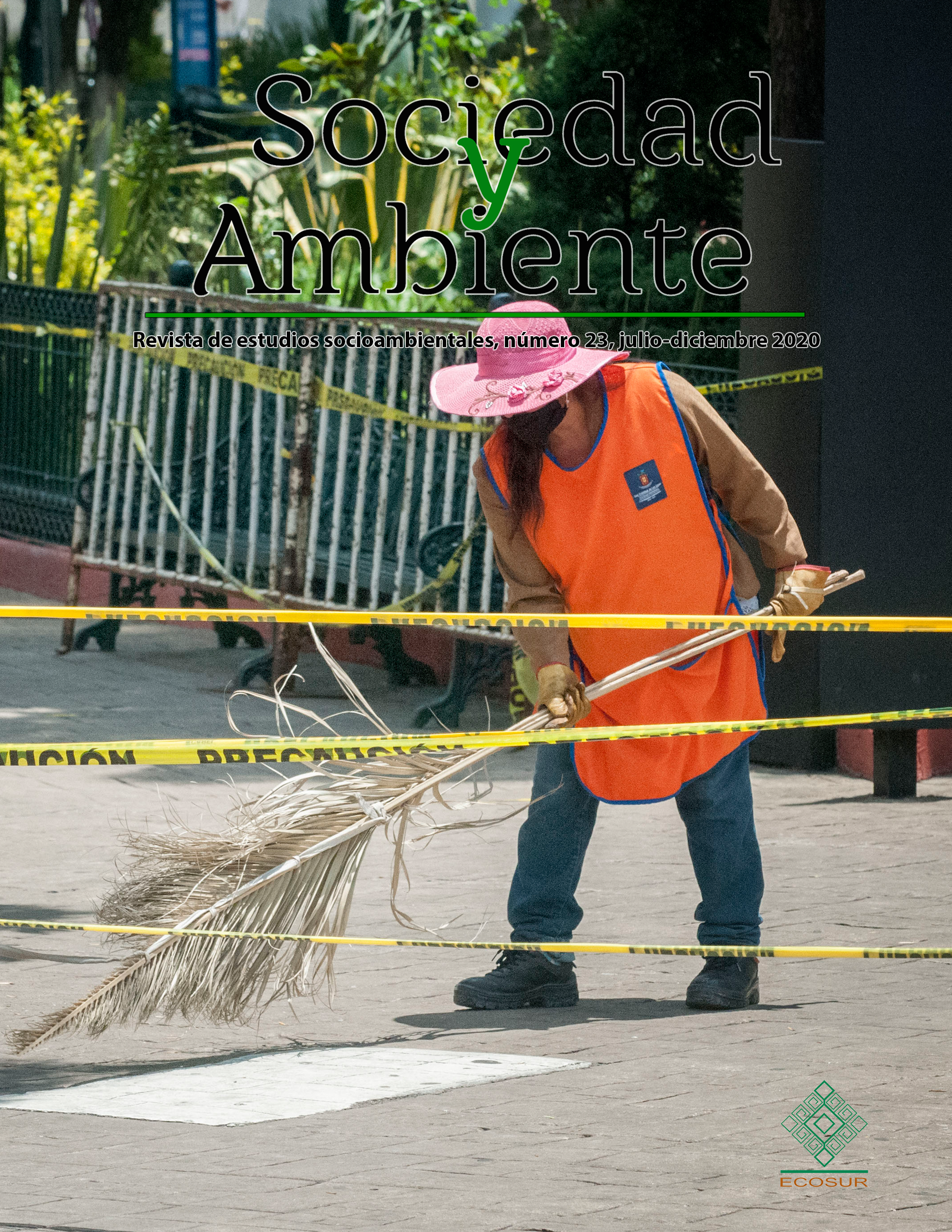Abstract
This paper aims to provide evidence on how the concurrence of multiple carbon markets in Mexico that differ in regulation ―highly regulated, semiregulated, unregulated― can affect the ability of actors to coordinate their actions. It follows the implementation of a carbon-offset project in Mexico called Scolel Te over time. Based on the social exchange theory, we show that the concurrence of multiple carbon markets with different degrees of regulation can influence the tactics or competitive strategies of actors in the network. In particular, it encourages changes in actors’ strategies (balancing operations) in the network to minimize regulatory costs and to become competitive by attracting financial resources to the project. Another finding is that the emergence of an unregulated local carbon market in Mexico creates unintended incentives for actors to adopt less environmentally responsible strategies and avoid participation in more environmentally responsible markets, such as Clean Development Mechanisms (CDMs).

Sociedad y Ambiente by ECOSUR is licensed under a Creative Commons Reconocimiento-NoComercial-SinObraDerivada 2.5 México License


